All the wild witches, those most notable ladies For all their broom sticks and their tears, Their angry tears, are gone
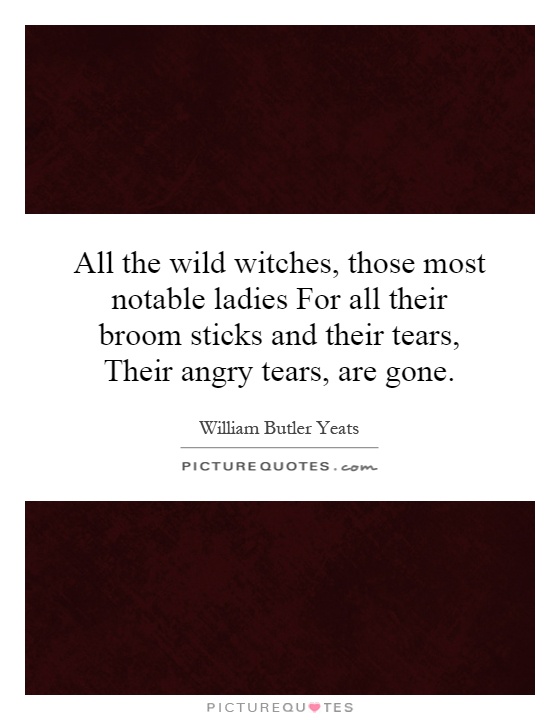
All the wild witches, those most notable ladies For all their broom sticks and their tears, Their angry tears, are gone
The line “All the wild witches, those most notable ladies” from William Butler Yeats’ poem “The Stolen Child” evokes a sense of mystery and power surrounding these mythical figures. In Yeats’ work, witches are often portrayed as enigmatic and powerful beings, capable of both great good and great harm. They are not to be trifled with, as their anger can be fierce and their magic potent.The image of witches riding broomsticks is a common trope in folklore and literature, symbolizing their ability to transcend the limitations of the physical world and travel between realms. In Yeats’ poem, the witches are described as being “gone,” suggesting that they have disappeared or perhaps been banished from the world. This could be interpreted as a loss of magic and wonder in the modern world, as the old ways and beliefs are gradually being forgotten or suppressed.
The mention of “angry tears” further emphasizes the emotional intensity of these witches, suggesting that they are not to be taken lightly. Their power is not just in their spells and potions, but in their emotions and will. They are fierce and passionate beings, capable of great love and great wrath.
Yeats’ fascination with the supernatural and the occult is evident in many of his works, including “The Stolen Child.” He was deeply interested in Irish folklore and mythology, and often drew inspiration from these sources in his poetry. The witches in his work are not just fantastical creatures, but symbols of the untamed and mysterious forces of nature.
Overall, the line “All the wild witches, those most notable ladies” captures the essence of Yeats’ fascination with the supernatural and the unknown. It speaks to the power and mystery of these mythical figures, and the sense of loss that comes with their disappearance. In a world that is increasingly rational and scientific, Yeats reminds us of the magic and wonder that still exists in the shadows, waiting to be discovered.

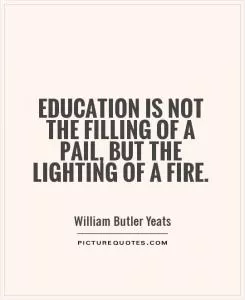
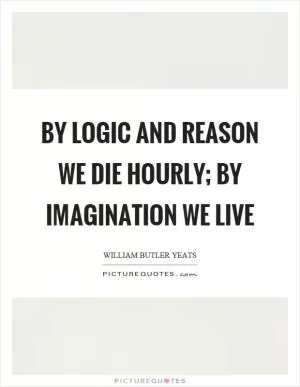
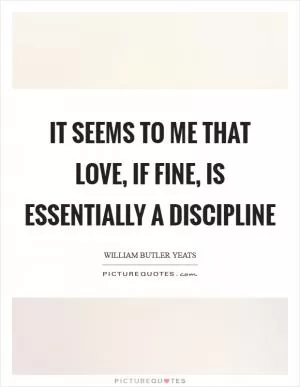

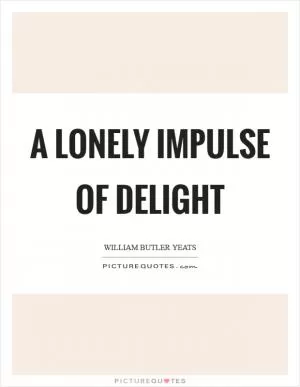
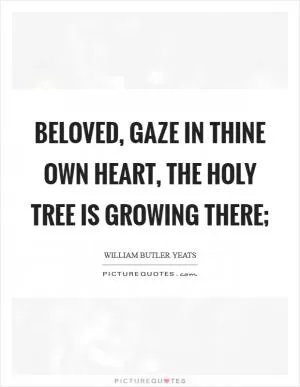
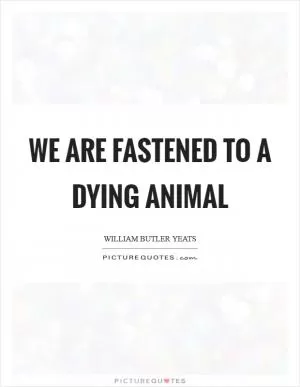


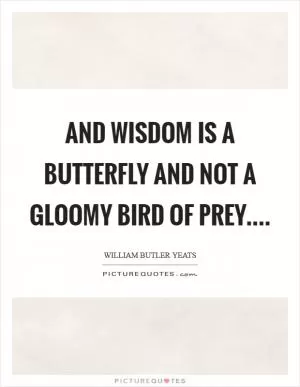
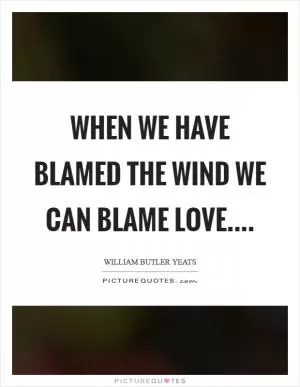
 Friendship Quotes
Friendship Quotes Love Quotes
Love Quotes Life Quotes
Life Quotes Funny Quotes
Funny Quotes Motivational Quotes
Motivational Quotes Inspirational Quotes
Inspirational Quotes